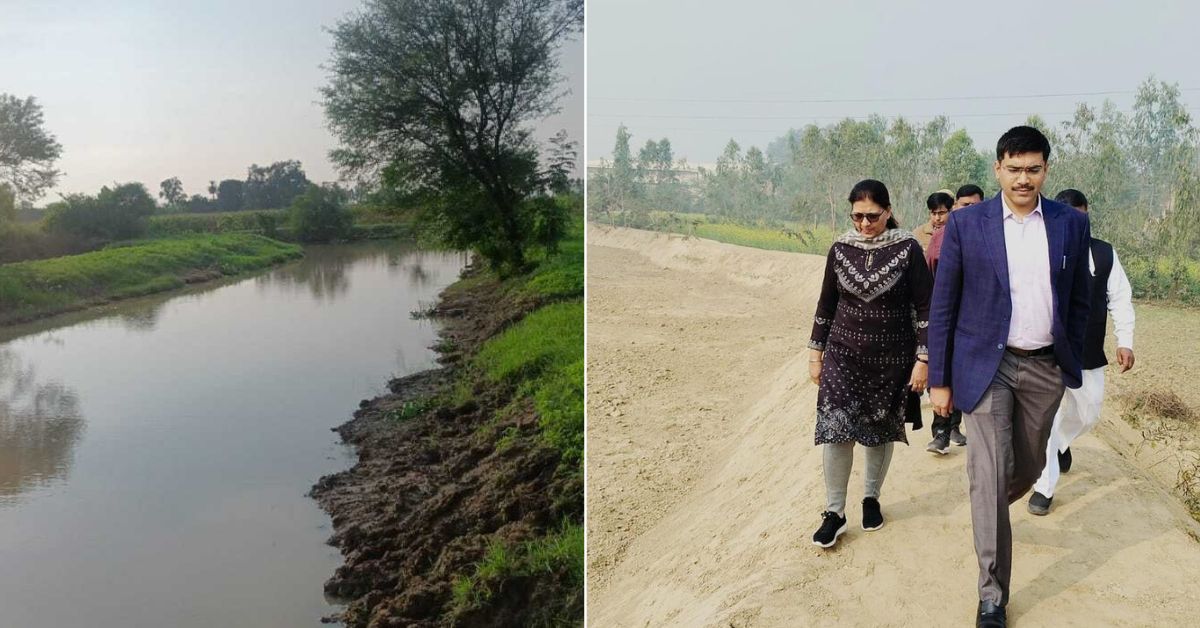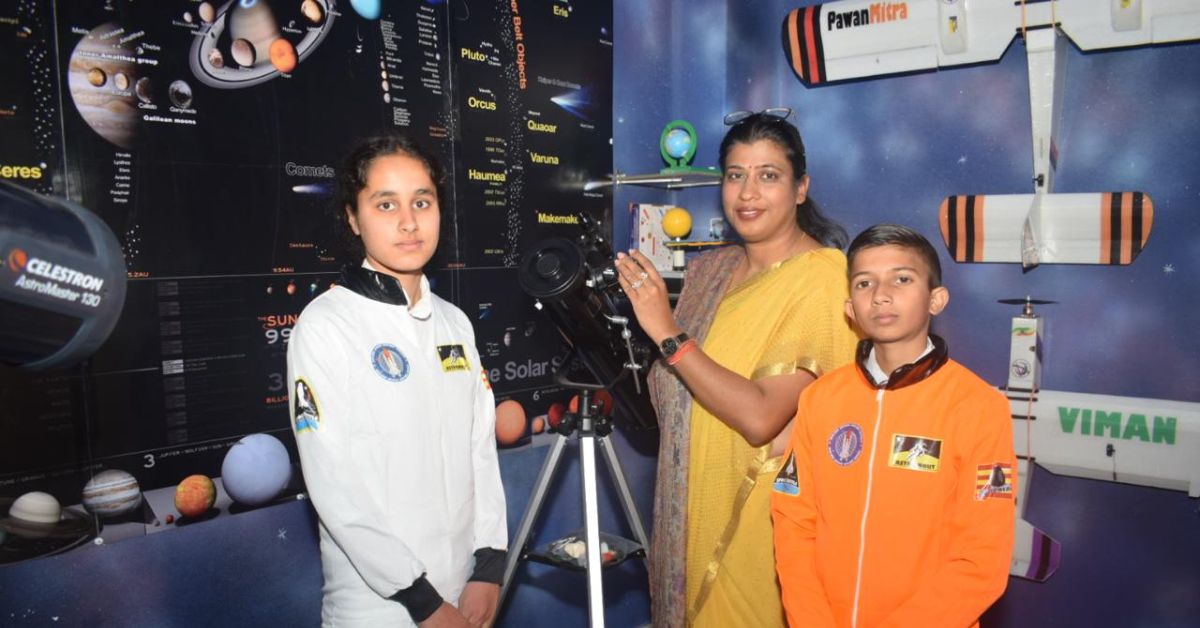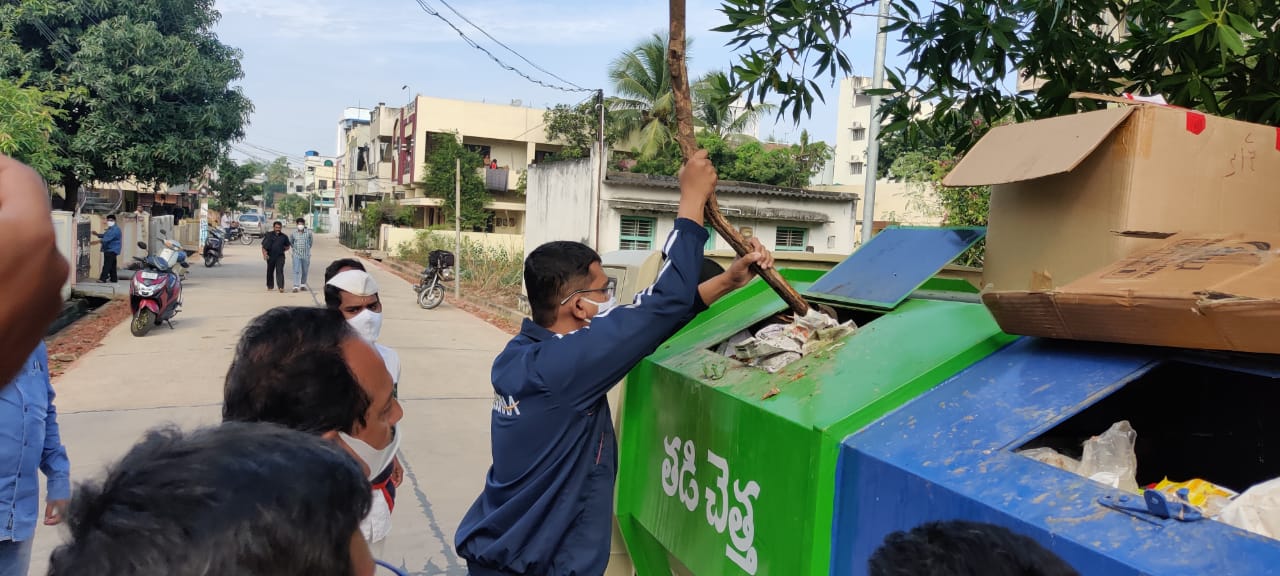Life After Clearing UPSC: 5 Civil Servants Solving India’s Toughest Local Challenges
Across India, civil servants are quietly leading powerful transformations, not just from behind desks, but by stepping into communities, understanding local challenges, and implementing bold, practical solutions. Their work goes beyond policy; it’s about creating real, lasting change on the ground.
In this piece, we present the transformative efforts of five dedicated civil servants. From rejuvenating encroached rivers to inspiring rural students in space science, these civil servants have directly engaged with the communities they serve.
1. Manish Bansal, Uttar Pradesh
The Sot River, once vital to Sambhal, lost its natural flow due to decades of encroachment. Fifty years ago, the river irrigated lush crops, but over time, neglect led to its disappearance.
The administration, led by Manish Bansal, IAS, first surveyed the river’s natural alignment and marked its dimensions. Illegal encroachments were removed based on revenue land records. Then, MGNREGA workers helped desilt the river, clearing collected silt to restore its natural capacity.
 Manish Bansal, IAS, along with officials and locals, revived the 110-km stretch.
Manish Bansal, IAS, along with officials and locals, revived the 110-km stretch.
Together, they restored the 110-km stretch of the river, reviving water flow and eliminating waterlogging. This effort was supported by planting 10,000 bamboo saplings along its banks to prevent soil erosion, bringing the river back to its former glory, while also rejuvenating the local ecosystem.
2. Dr Nidhi Patel, Himachal Pradesh
In Bilaspur district, a pioneering space lab, led by Dr Nidhi Patel, is revolutionising education for rural students by introducing them to space science, robotics, and 3D printing.
Earlier, there was little motivation for children to stay in school, and many shied away from science. Today, those same children are enthusiastically learning about robotics, telescopes, obstacle-avoiding robots, light-tracking robots, and all things related to space.
Since its inauguration in January 2024, the lab has already engaged over 900 students, sparking a deep interest in STEM subjects in the region.
 Dr Nidhi Patel is transforming education for rural students by introducing them to space science.
Dr Nidhi Patel is transforming education for rural students by introducing them to space science.
3. Vikas Ujjawal, Jharkhand
When IFS officer Vikas Ujjawal was posted to Jharkhand’s Lohardaga Forest Division, he faced a host of challenges: illegal logging, frequent forest fires, and deep-rooted dependence on tree felling in a Naxal-affected area. These issues severely impacted the Dubang-Salgi Protected Forest, which spans 5,000 hectares.
The 2016-batch officer launched a wide-ranging restoration effort that improved green cover, generated employment, and promoted ecotourism. He introduced three lakh new plants, helping restore the forest’s biodiversity and encouraging the return of wildlife such as sloth bears, foxes, hyenas, deer, and porcupines, alongside natural water streams.
4. Swapnil Pundkar, Andhra Pradesh
In the city of Kakinada, Swapnil Pundkar, IAS, introduced an innovative solution to tackle the issue of garbage littering. Despite employing 900 sanitary workers for daily garbage collection, many residents continued to dump waste in the open.
Through the ‘Return Gift Campaign’, households found littering are given their garbage back. RFID tags on house gates help monitor compliance. Swapnil’s team actively engaged the community, successfully shifting public attitudes and encouraging collective responsibility for cleanliness. “If everyone starts to follow the rules, even the few who want to deviate will think twice,” he says.
 Swapnil’s team transformed public attitudes and fostered a sense of shared responsibility for cleanliness.
Swapnil’s team transformed public attitudes and fostered a sense of shared responsibility for cleanliness.
5. Ujjwal Kumar Chavan, Maharashtra
In Maharashtra’s drought-stricken regions, former IRS officer Ujjwal Kumar Chavan launched a critical water conservation drive to fight acute water scarcity. The severe drought of 2016 deeply affected Marathwada and Khandesh. Moved by a farmer’s suicide in his village, Ujjwal employed the Johad method for water conservation.
His initiative led to the creation of 500 crore litres of water storage through reservoirs and check dams across 204 villages.
Today, this project benefits nearly 6,000 people directly. It has increased farmers’ incomes, revitalised rivers, and strengthened community resilience through collective efforts.
Edited by Khushi Arora
News